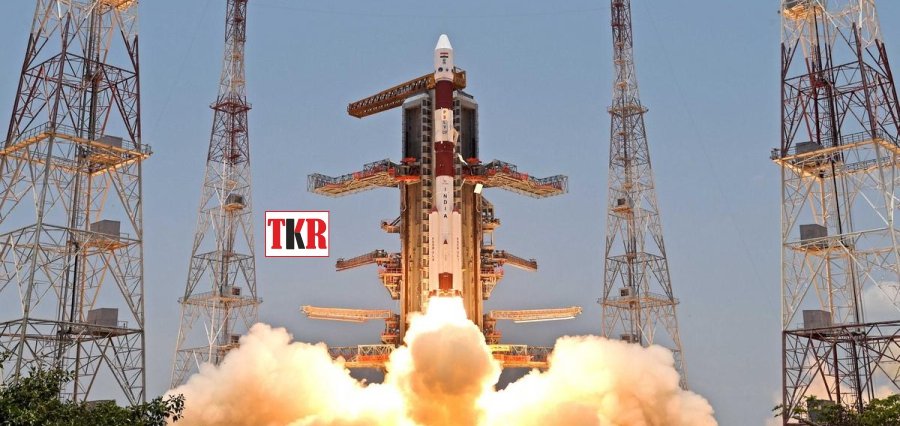For Indian astronomers, the New Year arrived with actual fireworks. The XPoSat, or X-ray Polarimeter Satellite, was a novel X-ray payload that ISRO’s launch vehicle launched into orbit for astronomical study on the first morning of 2024, when the globe awoke. If all goes according to plan, the instrument—which was entirely designed and made in India—will mark yet another significant achievement for Indian astronomers.
The primary payload instrument, the Indian X-ray Polarimeter, or POLIX, has been constructed at Bangalore’s Raman Research Institute (RRI) during the last fifteen years. With dimensions of approximately half a meter and a weight of nearly two hundred kilos, it is not very huge compared to other conventional space-based astronomy detectors.
On January 1st, 2024, the Indian Space Research Organization (ISRO) launched its inaugural mission. Using a PSLV-C58 rocket, the space agency launches the XPoSat (X-ray Polarimeter Satellite) together with ten other satellites from Sriharikota spaceport. It is the first XPoSat from India, with the goal of studying the mysterious world of black holes and polarization of powerful X-ray sources.
Astrophysicist Dr. RC Kapoor informed news agency PTI, “XPostSat is India’s first X-Ray satellite,” in remarks related to the satellite’s launch. The goal is to detect X-rays emitted by unusual objects such as black holes and neutron stars.”
The XPOSAT Satellite will be launched into an eastward low inclination orbit by ISRO’s PSLV-C58 Mission. “After injection of XPOSAT, the PS4 stage will be re-started twice to reduce the orbit into 350 km circular orbit to maintain in 3-axis stabilized mode for Orbital Platform (OP) experiments,” the Pentagon stated.
“The PSLV Orbital Experimental Module-3 (POEM-3) experiment will be executed meeting the objective of 10 identified payloads, supplied by ISRO and IN-SPACe,” said the Indian Space Research Organization (ISRO).
Two research payloads will be carried by the XPoSat spacecraft in a low-Earth orbit.
Read More: Click Here





